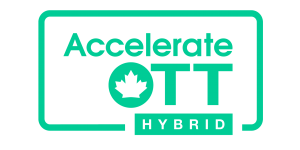 This featured story is brought to you by the Power of Why Podcast in collaboration with Invest Ottawa. We teamed up to produce this special series in celebration of AccelerateOTT, Ottawa’s flagship entrepreneurial conference. Visit www.accelerateott.ca to learn more.
This featured story is brought to you by the Power of Why Podcast in collaboration with Invest Ottawa. We teamed up to produce this special series in celebration of AccelerateOTT, Ottawa’s flagship entrepreneurial conference. Visit www.accelerateott.ca to learn more.
I’m not materialistic. But when you don’t have anything, you see what money can do for you in your life.
With an eye to ushering a new generation of financially empowered youth, Tecla K. Kalinda, a Senior Analyst at the Bank of Canada, founded ZalaSmart: a financial education company geared towards teaching kids and teens financial literacy by helping them develop personal finance skills to better manage their money.
Since launching in 2018, Tecla has made ZalaSmart available via youth-centered organizations like the Ottawa Public Library / Bibliothèque publique d’Ottawa, The ForUsGirls Foundation Inc., Global Shapers, and Girl Guides of Canada, to make ZalaSmart accessible to young people, no matter their means.
We caught up with Tecla on talking to kids about money, why entrepreneurs need to delegate, and how we can solve Canada’s trillion-dollar problem.
Listen to the episode on Spotify / iTunes / Google Podcasts
Tune in to the podcast or take the time to digest each article found below. Either way, you’re bound to take away some valuable tidbits on financial literacy from Tecla’s story.
This episode is for you if:
- You’ve struggled with your finances
- You want to grow generational wealth
- You’re an entrepreneur who has a hard time delegating
- You believe our kids are the key to a more sustainable future
Looking for something specific?
[4:00] Where political instability and financial awareness meet
[9:00] How Rich Dad, Poor Dad changed a young Tecla’s life
[10:00] The misunderstood power of compound interest
[11:30] What kickstarted ZalaSmart
[14:00] Connections that brought ZalaSmart to life
[18:36] The strength of (outside) expertise
[24:00] Helping kids retain what they’ve learned
[31:00] We need to delegate to succeed
[32:00] Listen to the market, and give it what it wants
[34:00] Focus on your vision
Naomi: Tell us about how you grew up.
Tecla: I was born in the Democratic Republic of Congo. My family moved around a lot. I lived in Portugal, South Africa, but I consider Ottawa, Canada home.
I studied economics for my undergrad, and I’m doing my master’s concentration in financial economics.
Naomi: Was financial literacy something you were exposed to growing up?
Tecla: Money was something I was always curious about. Unfortunately, I’ve lived in countries where things weren’t stable, politically. In Congo there was a civil war. My extended family in Rwanda suffered from genocide. In South Africa there was an apartheid.
When I was born, my family was in a good position. I remember we had drivers and nannies. But by the time we moved to Canada, we came here as refugees. We lived in a shelter at first then, slowly but surely, worked hard and made our way to the middle class.
I’m not materialistic. But when you don’t have anything, you see what money can do for you in your life. Those events sparked my interest in money and to be financially secure and literate.
I come from a culture that when your parents age, you care for them. That forces you to not save up for your own retirement because your kids will take care of you, and the cycle continues. But you can stop that cycle, so your kids have enough money, and they’re not all spending it all on you. They can take care of themselves and retire well and build generational wealth. There’s nothing else I’d love to see more.
When I was a teenager, I read Rich Dad, Poor Dad by Robert Kiyosaki, and it changed my life. Shortly thereafter, I got my first job at Subway, and then I opened my first investment account at 17. Luckily, in grade 12, I took an economics class, where they talk about buy low, sell high. I was good at learning and applying the principles I learned. It’s easy to read about these things, it’s a whole other to apply them and make them work.
When you’re 18, you go to college, and on-campus there are little booths where everyone’s ready to give you a credit card, like “oh, you only need to pay the minimum!” which is like 10 bucks a month. But I’ve seen people close to me take these things up without understanding how high the interest rates for credit cards are – 22%! They can’t pay it off and that ruins their credit, which makes it hard for them to buy a home.
Naomi: It isn’t common for young people to think about finances in this way. Do you wish you started even earlier?
Tecla: Absolutely. Information is king. For example, I understood compounding interest, but not as deeply as I do today. The power of compound interest is that you don’t want to touch it, because the longer your money stays in an investment account, it accumulates. It happens faster the longer the money stays there.
In my early 20s, I thought “maybe I’ll use this money to pay something off.” But today, it would be worth so much more. It’s harder to build that back up. I could have used my normal day job to pay things off slowly, and let the compound interest grow.
Naomi: This idea of giving young people access to this information is the driving force behind ZalaSmart. What inspired you to build it?
Tecla: I love my day job. I work at the Bank of Canada. My work inspired me to start ZalaSmart. I was on the financial institutions team, and I was responsible, among other things, for publishing statistics on our website.
These numbers include things like household and business credit. To break down household credit, remember that we all live in homes – that’s a household. Every home has debt, whether that’s a mortgage, student or car loan, credit card, and so on. If you add up all those homes across the country, you get total household debt.
I saw these numbers rising and remember thinking to myself, “why are we in so much debt here? Why is this number rising so quickly?” When it hit the trillions, it was all over the news. It was a big deal.
I thought to myself, what if every Canadian child was taught financial literacy? Could the statistics be reversed? I looked into it and couldn’t find a single program where a child could learn everything from credit scores, budgeting, savings goals. I wondered if this could be what changes things.
So I started developing ZalaSmart. My sister introduced me to someone who came on as an expert curriculum developer. When you’re working with kids, you want to include animation. I spoke to experts in the financial world, whether they were advisors or working at a local bank, to find out what the issues are.
I also spoke to a neuroscientist, who understands brain development and how to make a concept stick in someone’s mind long-term. I realized then that we had to start at a much younger age then what I was thinking – which was between 18 to 20 years old.
Key concepts are best to learn in your core development phases. Think of when you’re learning to swim or ride a bike, things that stick with you for life. You don’t want people to come in one day and forget the content tomorrow. That’s why our program uses storytelling and experiential learning.
Naomi: For context, Statistics Canada reported in at the end of 2020 that the average Canadian household now owes $1.71 for every dollar of disposable income. To make sure you could build an impactful solution to this, you intentionally sought out experts early in your journey to help build ZalaSmart. How did you do that?
Tecla: You have to love what you’re doing because to bring it to life is hard. I’m not saying this to discourage people. When you see an entrepreneur, you usually see the glitz and glam but you don’t see the grind. There’s so much hard work. Passion and perseverance are important.
First I had the idea. Then I realized, okay, I need to build a product. I need a website. I need to market it. Am I a web designer? A pro marketer? You need to charge people, so you need to register as a business. There are so many hurdles. I wear 10 different hats that I didn’t necessarily sign up for. It’s a lot, and the support is needed.
When you find the right experts, it will be done well, and it will save you so much time. Time is huge to me; I value it a lot. Before you work with anyone, Google a couple articles on their expertise. What does it mean? What’s out there? What are you looking for? You’re not the expert, but you need to assess them and know if what they’re saying makes sense. You have the vision.
It’s a skill in and of itself to bring the right people together to make something happen.
Naomi: How did you start developing the product itself?
Tecla: I joined multiple business entrepreneurship groups. I did a lot of reading, looked up what was happening in my city, and connected with folks in the field to learn from them. I met someone who had written her thesis on financial literacy.
The first step is research, research, research, learn, learn, learn. Understand the problem. What’s happening out there? What do people need? Why is this happening? Then, find experts to help you develop everything. Testing is key.
When I worked with the curriculum developer I went out and tested everything, then made a bunch of edits. When you work with students you realize what they like, what they don’t, and what they want to change. I didn’t spend so much time trying to perfect something before going live. I went public with our first prototype.
Naomi: Where do you see the most opportunity in financial education and literacy?
Tecla: I’ve had parents ask if they could sit in on my programs, to learn these concepts for themselves. Especially when it came to understanding credit scores, good debt and bad debt. There’s a huge space for parents – actually, I’m working on something specifically for them.
We’re launching ZalaSMart online to make it accessible worldwide, and in a variety of languages. The next one will be French, then either Spanish or Mandarin. For concepts that can differ from country to country, like investments, we’ve made part of our programing customizable.
Naomi: How has your ability to delegate and outsource work impacted your ability to grow ZalaSmart?
Tecla: It gives you the headspace to grow. It’s key to listen to other people’s ideas. I write down and revisit what they say to see how I can incorporate them into my long-term plan because my goal is to help as many people as possible.
I just do my best to give the market what it’s asking of me.
It’s also important to know when to say no. You have to be focused. At one point I felt like I was spread too thin because I was trying to build content for different age groups. I realized I had to focus, and build on each age group, one at a time. When something is doing well, move on to the next thing.
Naomi: What has been an important investment that has helped you on your journey?
Tecla: Fostering good, strong relationships with the people in my life. I’ve known my closest friends for over half of my life. I couldn’t imagine it any other way. They’re the joys of my life. My friends, my family – they’re everything to me.
No matter what I’m going through, they bring me joy. I’d do anything for them.
Connect with Tecla
- Website: zalasmart.com
- Twitter: @zalasmart
- Instagram: @zalasmart
- LinkedIn: Zala Smart
- YouTube: Zala Smart
Connect with Naomi
- Website: naomihaile.com
- Instagram: @naomiahaile
- Twitter: @naomiathaile
- LinkedIn: Naomi Haile

About the Power of Why Host, Naomi Haile
An intrapreneur, consultant, and interviewer.
Naomi Haile is curious about people, their paths and what drives them. In 2017, she launched the Power of Why Podcast. Her guests have taken the non-linear path in business, venture capital and other creative professions to share their story. Each episode explores people’s philosophy on life and work.
As we all navigate our lives and careers, Naomi hopes that everyone she connects with – guests and listeners – can shape products, companies, and communities of impact.
Naomi is a consultant at QuakeLab. She is starting graduate school at Columbia University.
Check out other inspiring stories in this special series in celebration of AccelerateOTT:
After a year of grit and grind, are you ready to celebrate resilience? To get real about ongoing challenges? And to accelerate the growth of diverse and visionary ventures?
Join Invest Ottawa and our vibrant entrepreneurial community at AccelerateOTT 2021 Hybrid! Over 880 entrepreneurs have registered. There is still a spot for you. Grab your ticket.







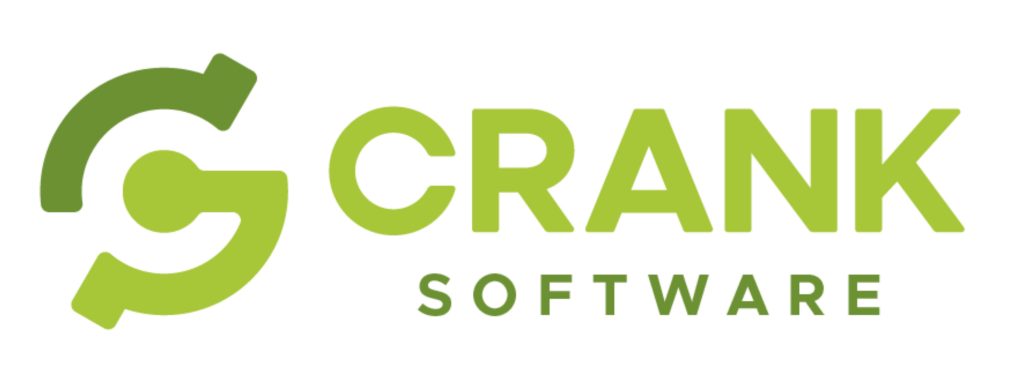


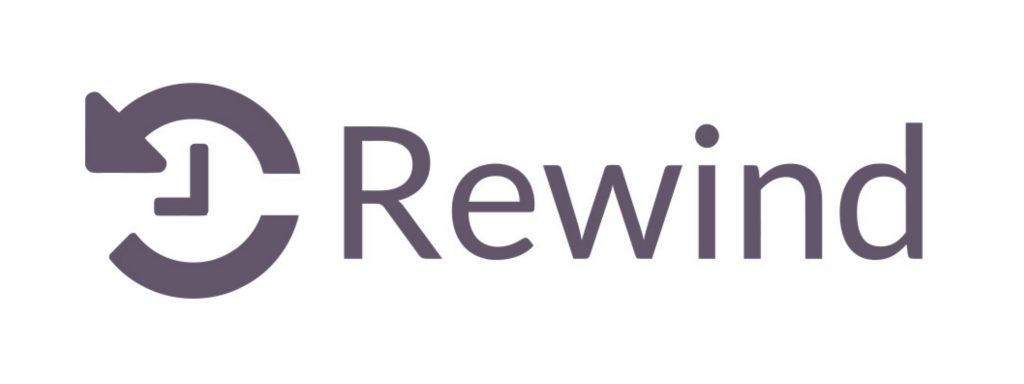
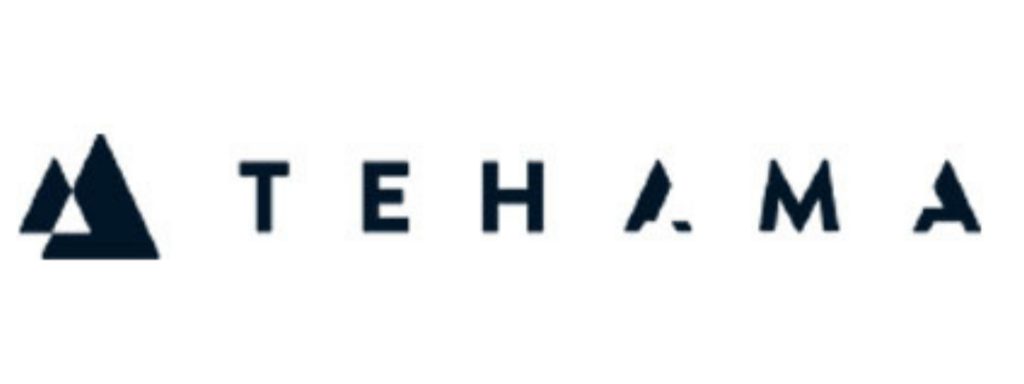
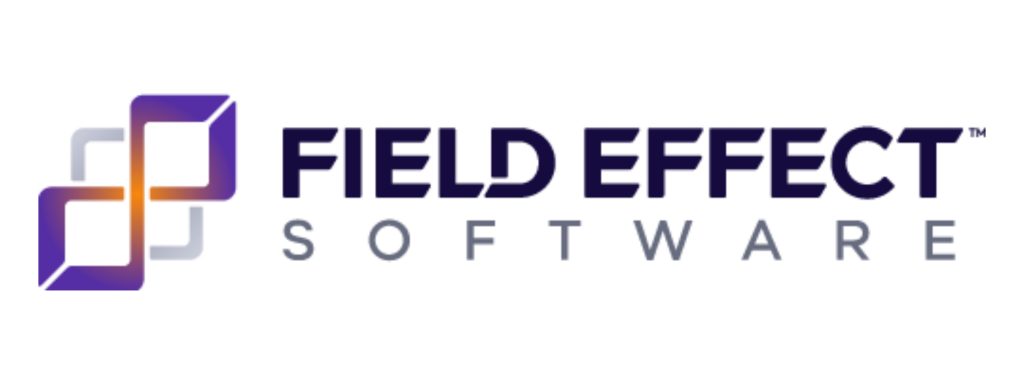
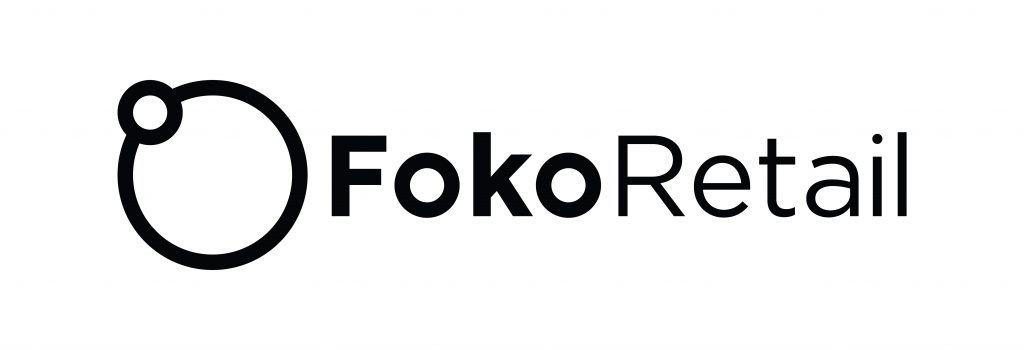
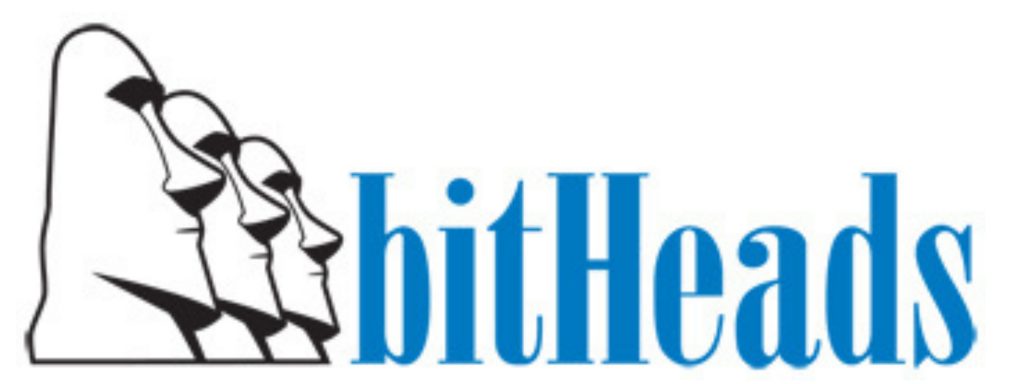
 Transforming our data-driven world takes talent, and MindBridge is where it’s happening. This is where you’ll take artificial intelligence to enable and inspire humans to do more and be better. Our people, our customers, and our investors agree: No one else is accomplishing what we’re doing with data-driven AI right now.
Transforming our data-driven world takes talent, and MindBridge is where it’s happening. This is where you’ll take artificial intelligence to enable and inspire humans to do more and be better. Our people, our customers, and our investors agree: No one else is accomplishing what we’re doing with data-driven AI right now. 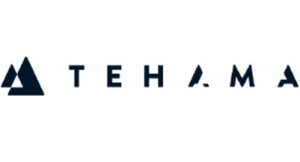 Tehama is enabling the digital workplace of the future. 150 companies are using Tehama. 600,000+ hours of IT services delivered. Zero breaches. The company’s head office is in the heart of the highly desirable Westboro neighborhood of Ottawa where you have your pick of the best of Ottawa’s cafes, restaurants and shops. Prefer to work from home? Tehama offers remote working options and flexible core hours. Join a team of the best and brightest and enjoy competitive salaries, benefits and a commitment to YOUR long-term success.
Tehama is enabling the digital workplace of the future. 150 companies are using Tehama. 600,000+ hours of IT services delivered. Zero breaches. The company’s head office is in the heart of the highly desirable Westboro neighborhood of Ottawa where you have your pick of the best of Ottawa’s cafes, restaurants and shops. Prefer to work from home? Tehama offers remote working options and flexible core hours. Join a team of the best and brightest and enjoy competitive salaries, benefits and a commitment to YOUR long-term success. 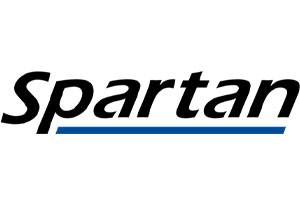 Spartan Bioscience aspires to unleash the power of DNA testing for everyone. Like the Spartan warriors of Ancient Greece, our smart, hard-working, and honorable team members get things done. Learn
Spartan Bioscience aspires to unleash the power of DNA testing for everyone. Like the Spartan warriors of Ancient Greece, our smart, hard-working, and honorable team members get things done. Learn